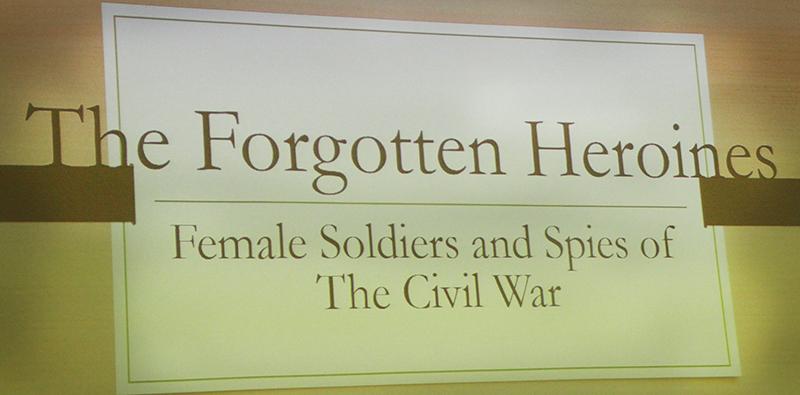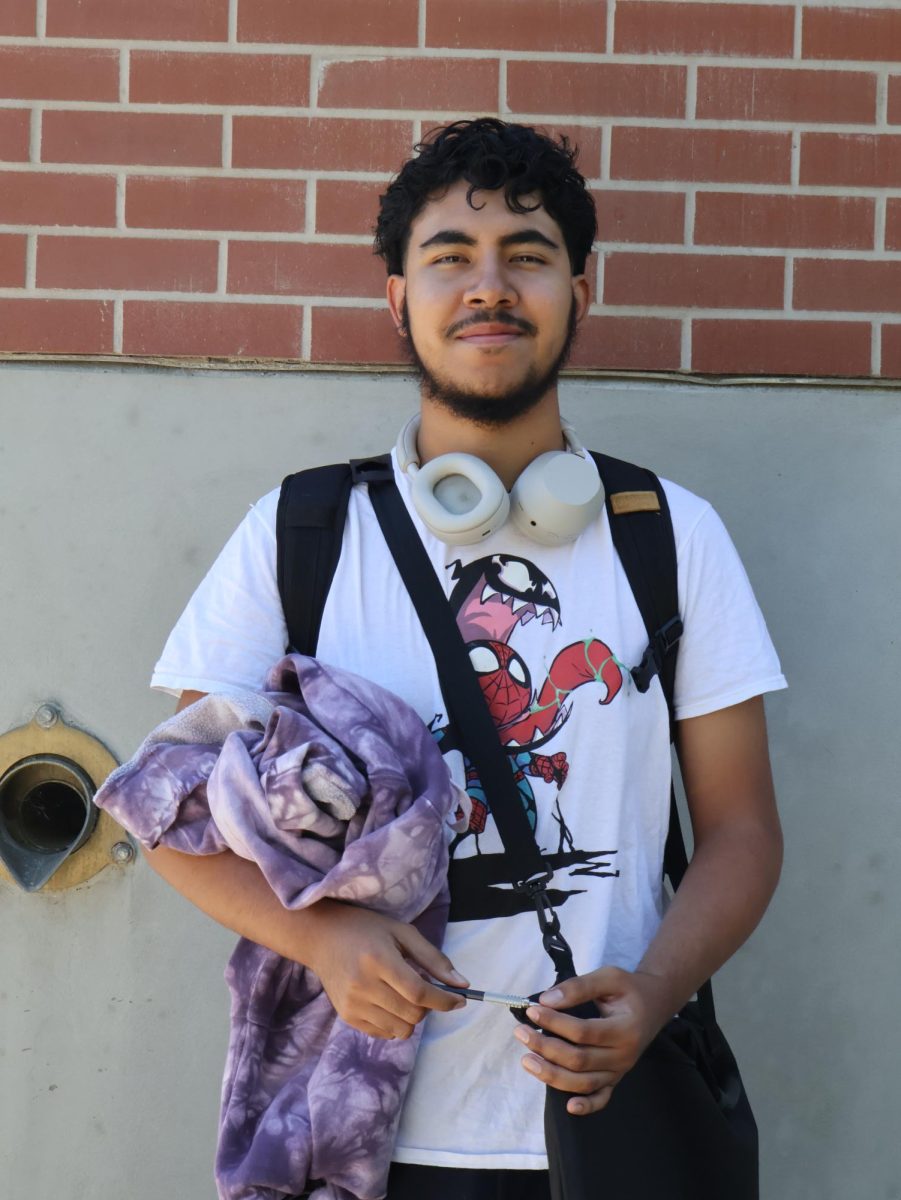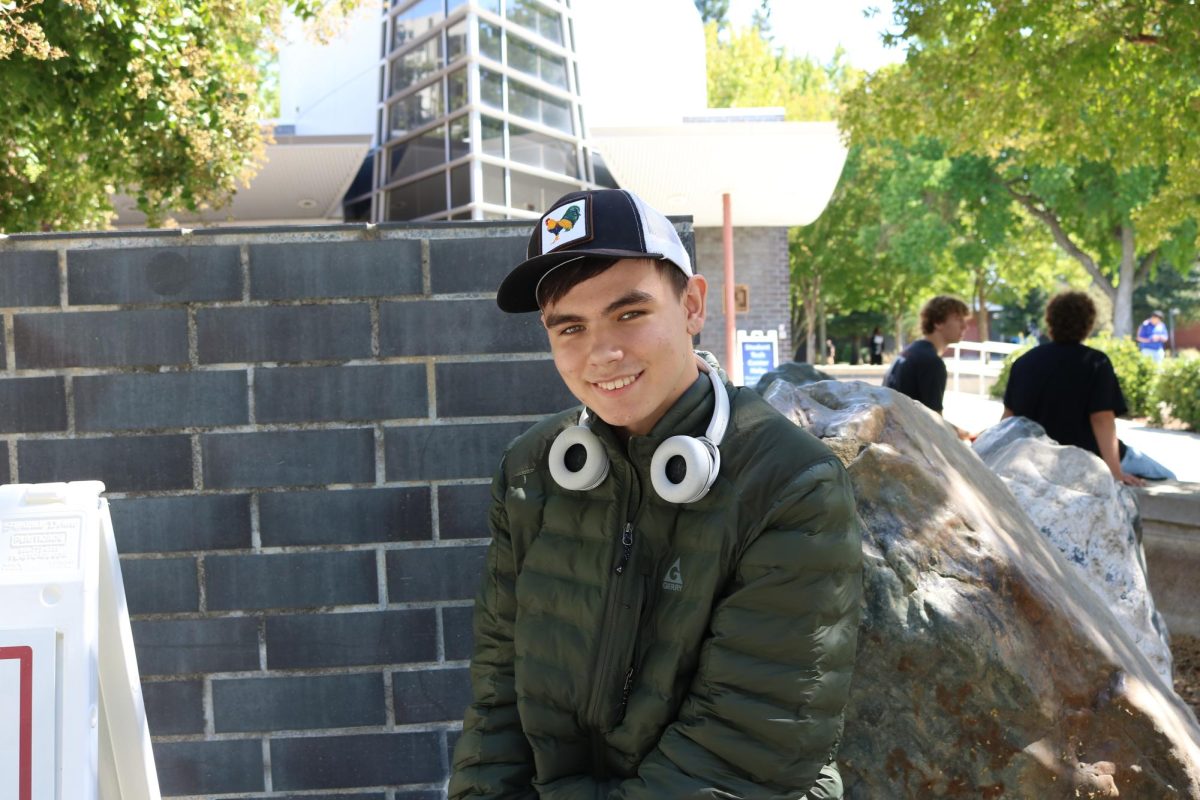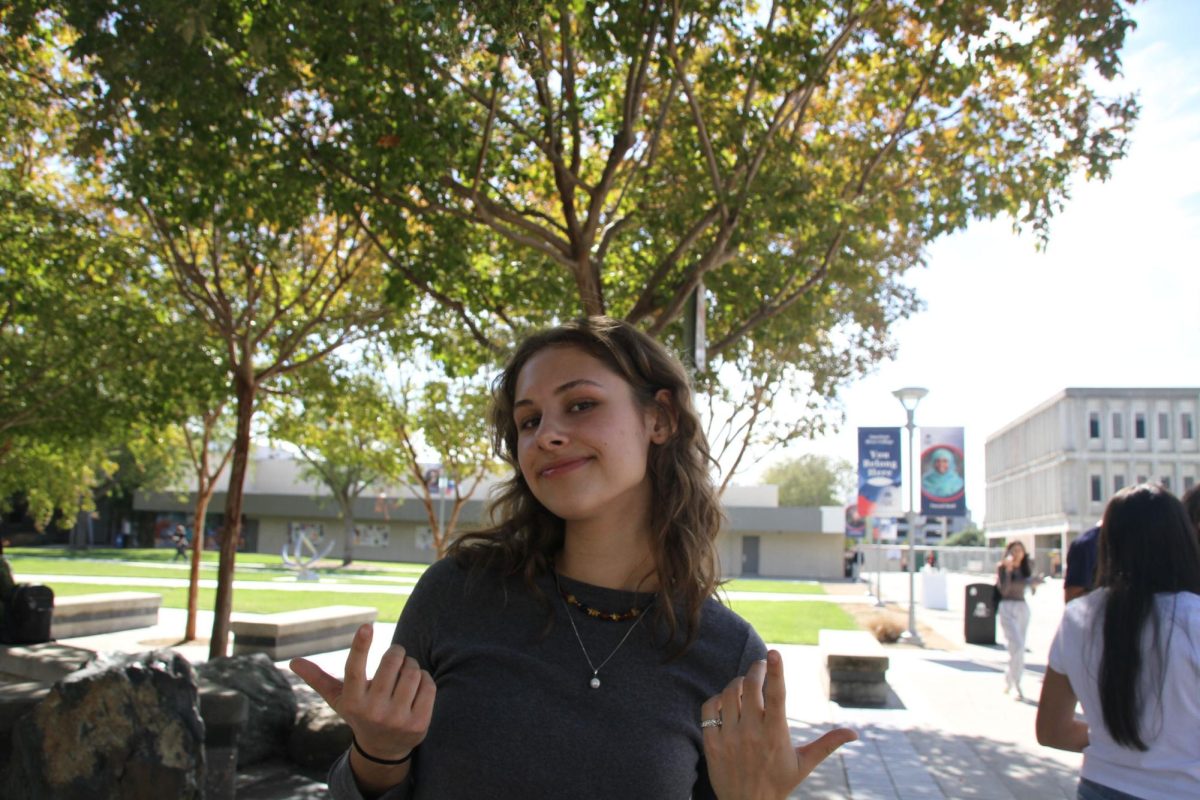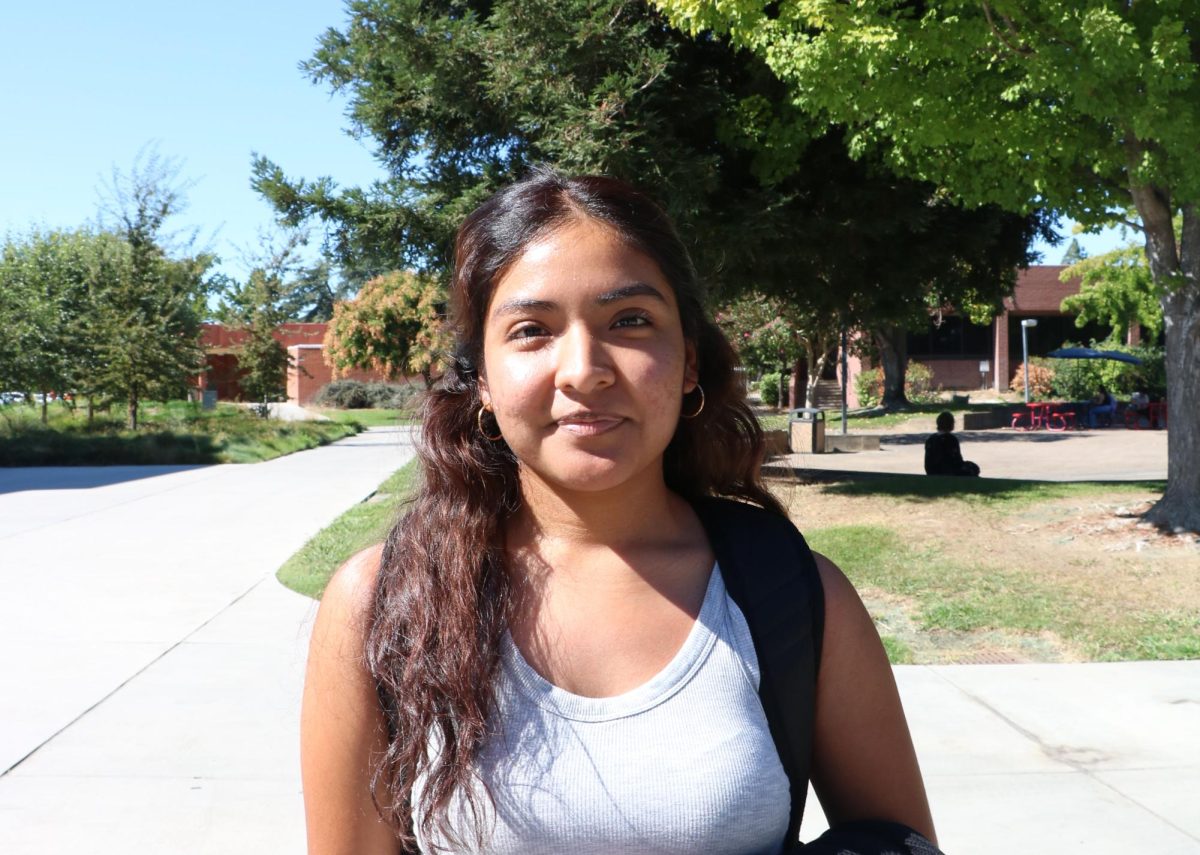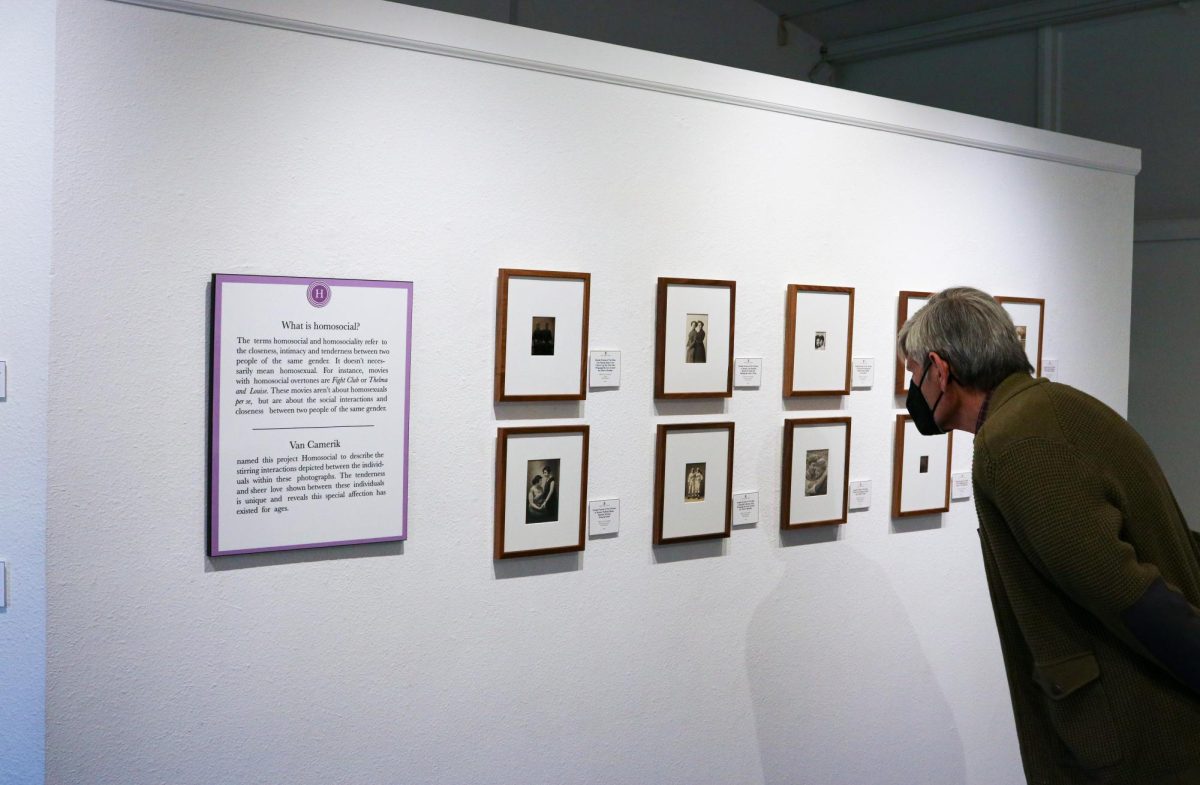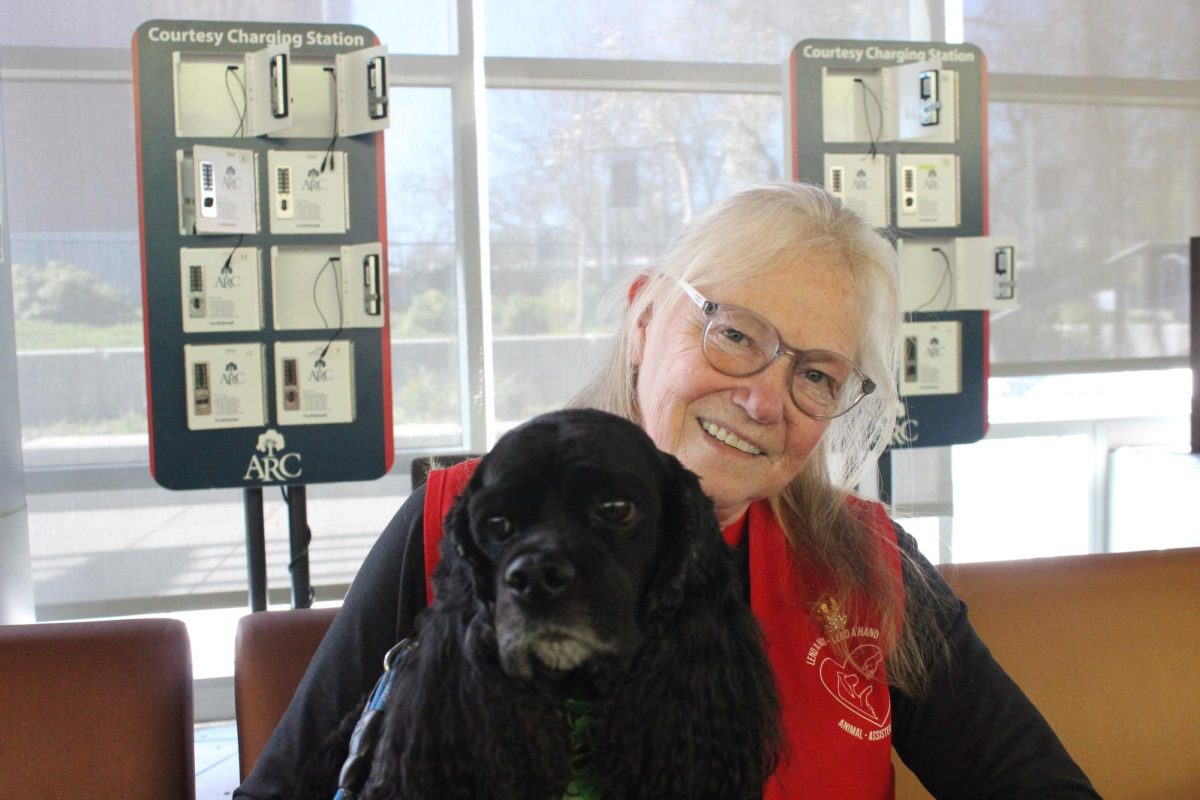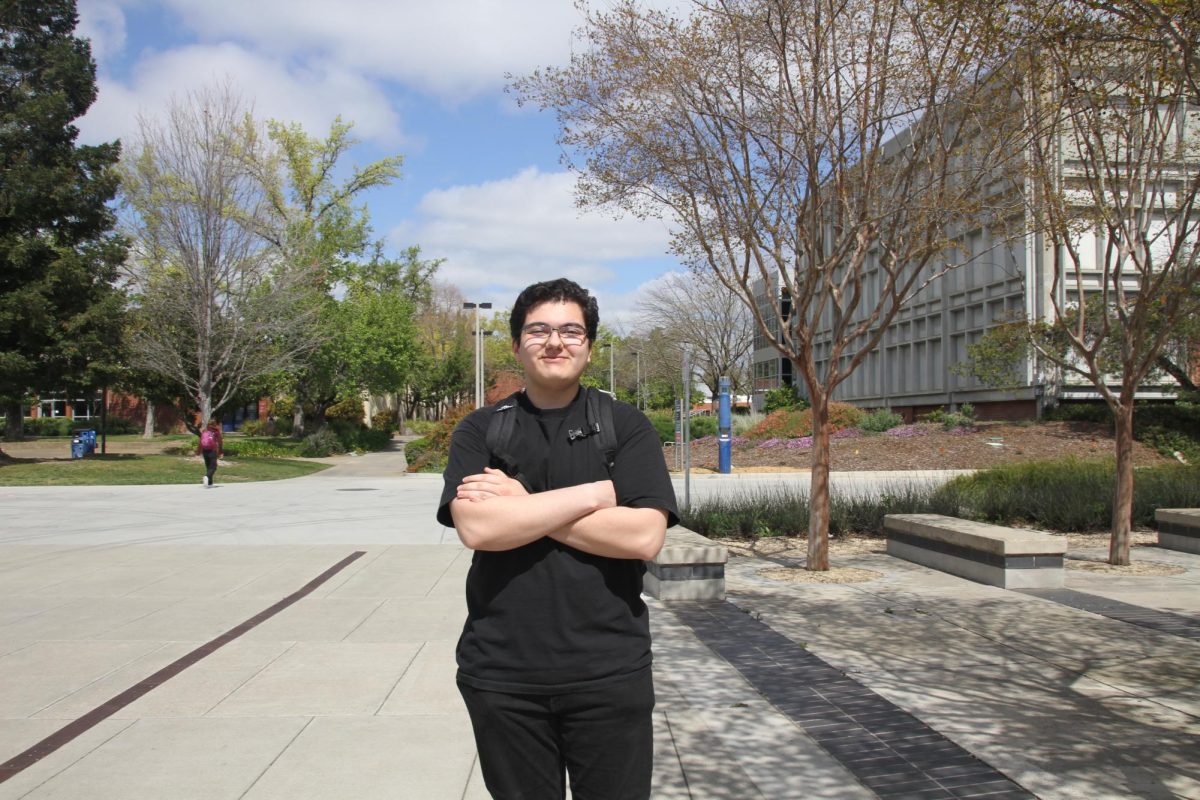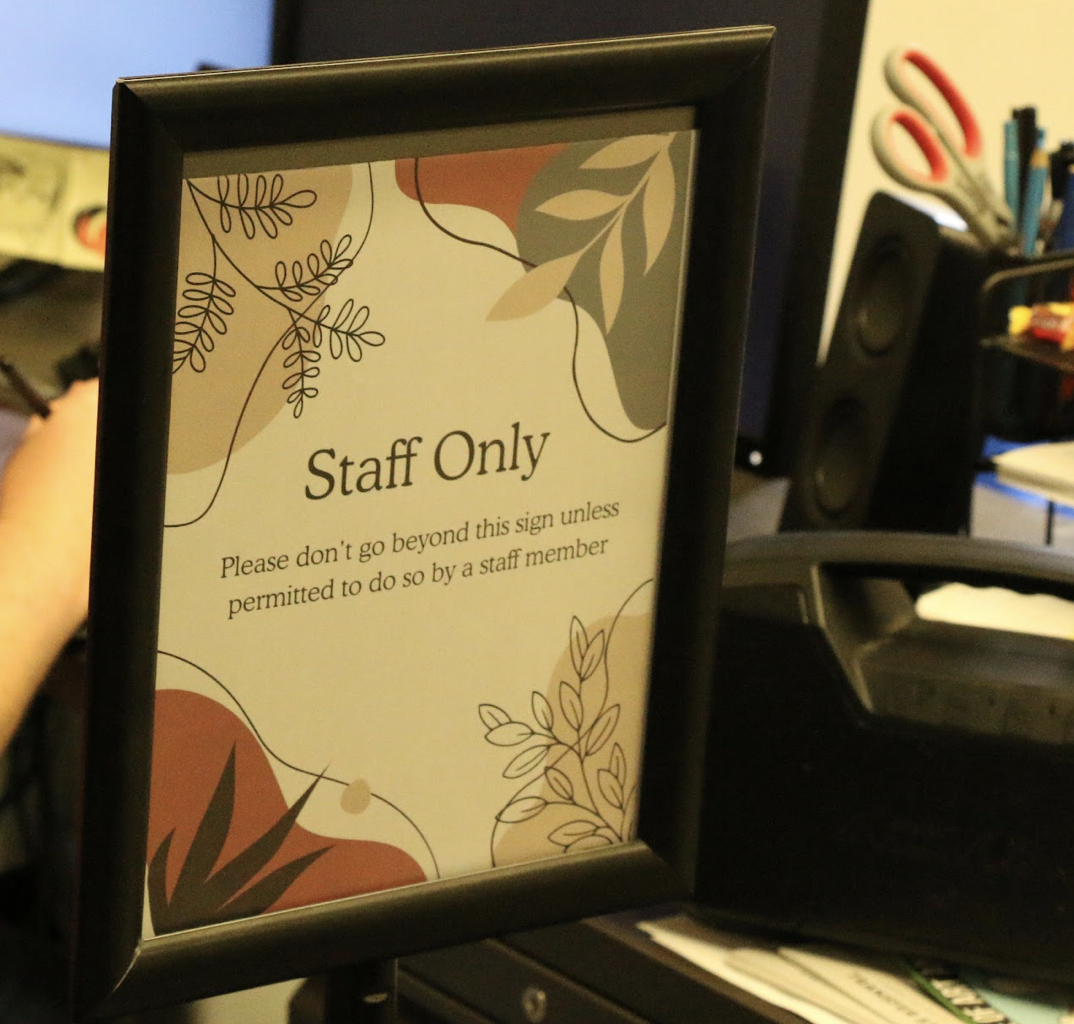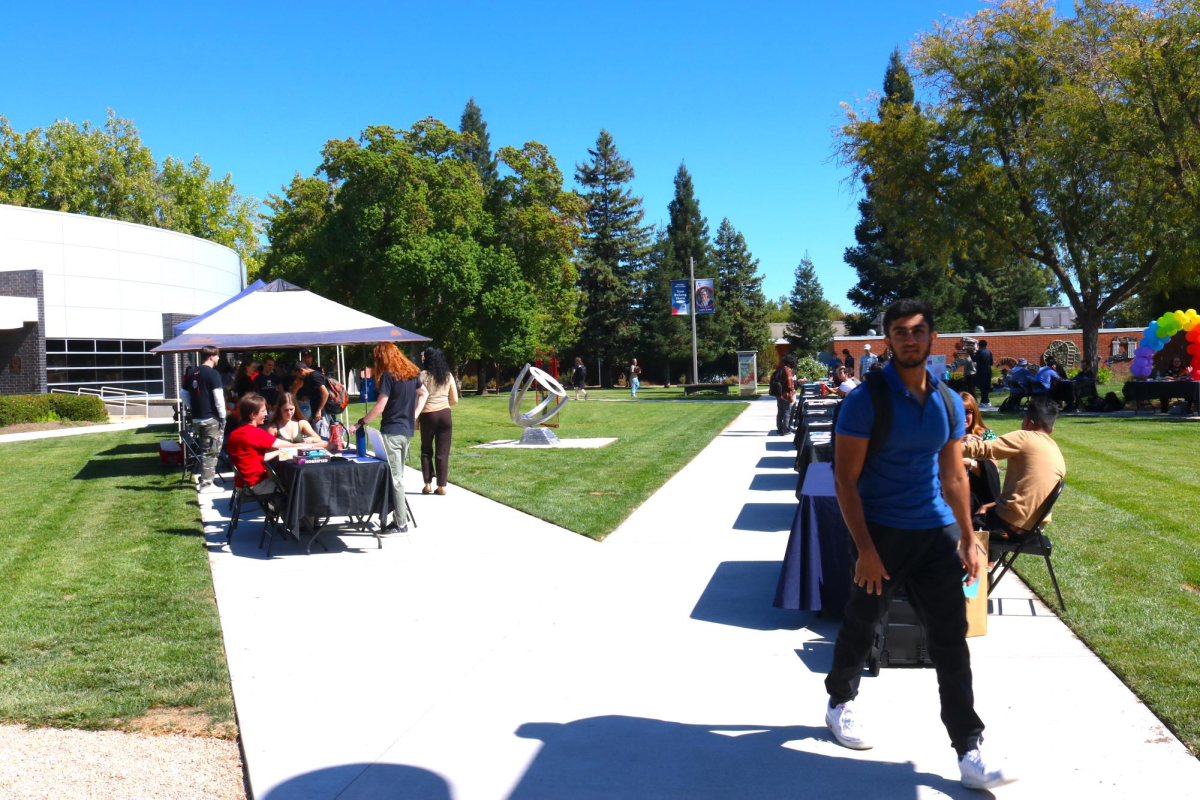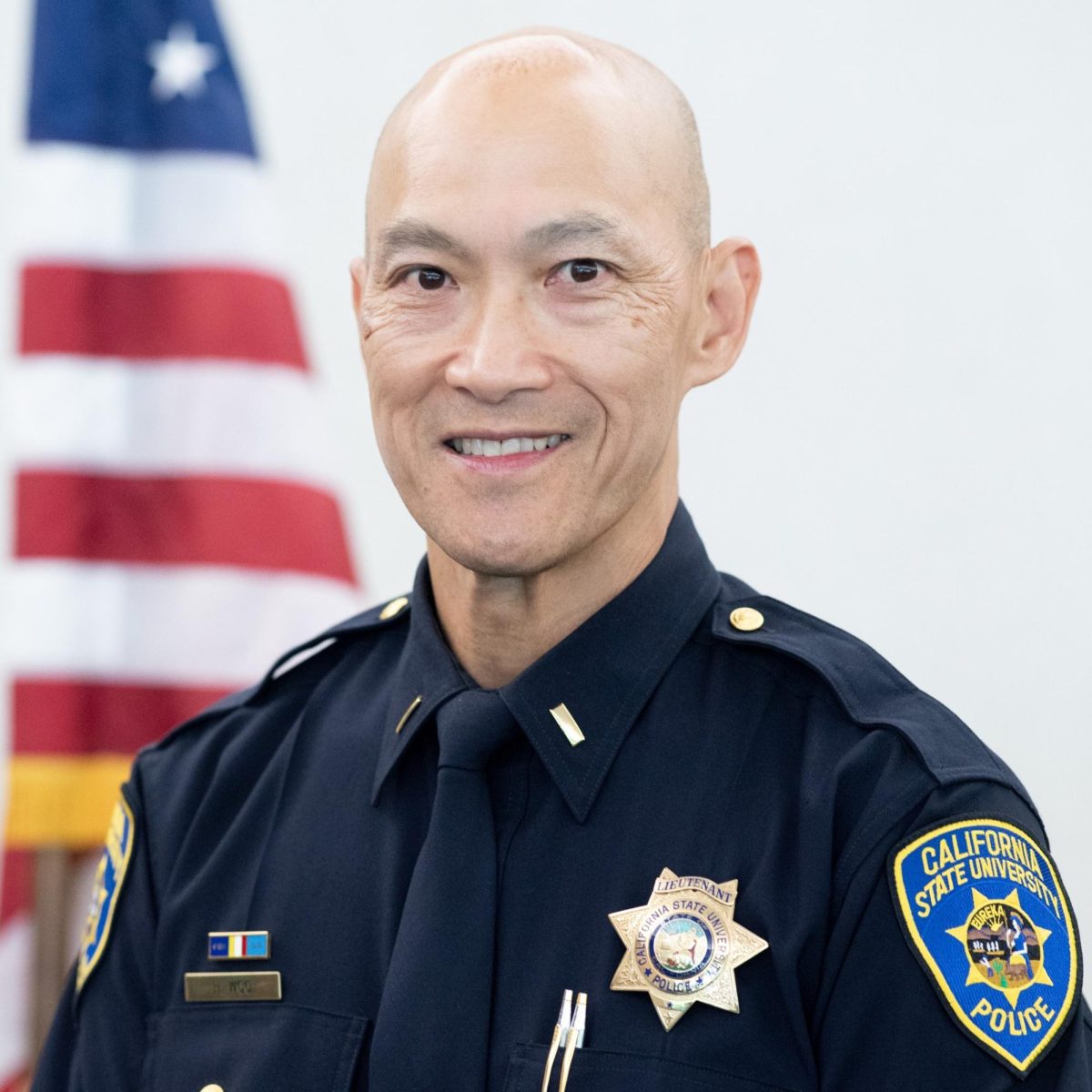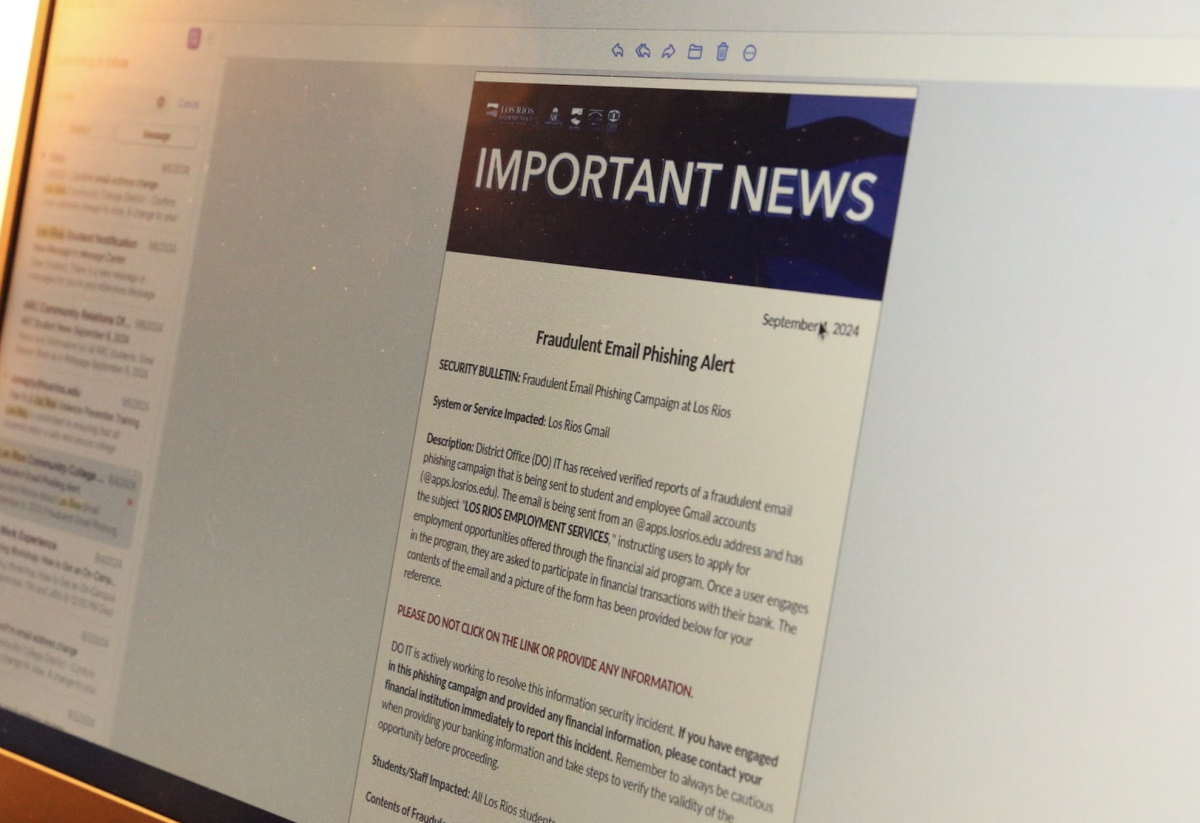Slavery, death and battles taking place on American soil are just a few of the horrors Americans faced during the Civil War. American River College history professors Sarah Lee and Richard Pagett hosted a college hour depicting this tragic war.
Lee focused specifically on the roles of women during the era, as Pageant presented more concern towards how we view the Civil War.
Student’s were reminded of the ramifications America faced by displaying pictures of battlefields on American soil.
Lee discussed the impact of women during the war in which heroines like Elizabeth Cady Stanton, a women’s rights leader, and Harriet Tubman, whose job as a union spy master led to the liberation of over 200 slaves.
“The war was treated as a way to repair our nation, not from the times apart but how we come together,” said Pagett.
Not only were roles changing for women but also for black men. Approximately 200,000 slaves fought in the Civil War.
The conditions were gruesome. Doctors didn’t have access to proper sanitation and had to use dirty tools, which caused infection leading to more death. Out of the three million involved in the war, 750,000 soldiers died.
Such gruesome conditions warranted the need for a mobile sanitation commission, which developed nursing into a teachable industry.
Neill Faulkner is a student of Professor Pagett’s HIST 307 class and attended the seminar as an extra credit assignment.
“We’re not covering the Civil War in class, but it should be interesting, professor (Pagett) is very entertaining,” said Faulkner.
In 1913 the veterans of the Civil War met to pay tribute to the fallen soliders. Dressed in their former uniforms they shook hands as a form of reconciliation.
When asked about his own ancestry, Lee regaled the tale of the marriage between his great-grand parents. A daughter of a Confederate and the son of the Union whom fell with each other and married after the Civil War ended.
“People from both sides attended. I imagine it was reminiscent of Romeo and Juliet with the Capulets and Montagues bickering at them back and forth,” said Pagett.


